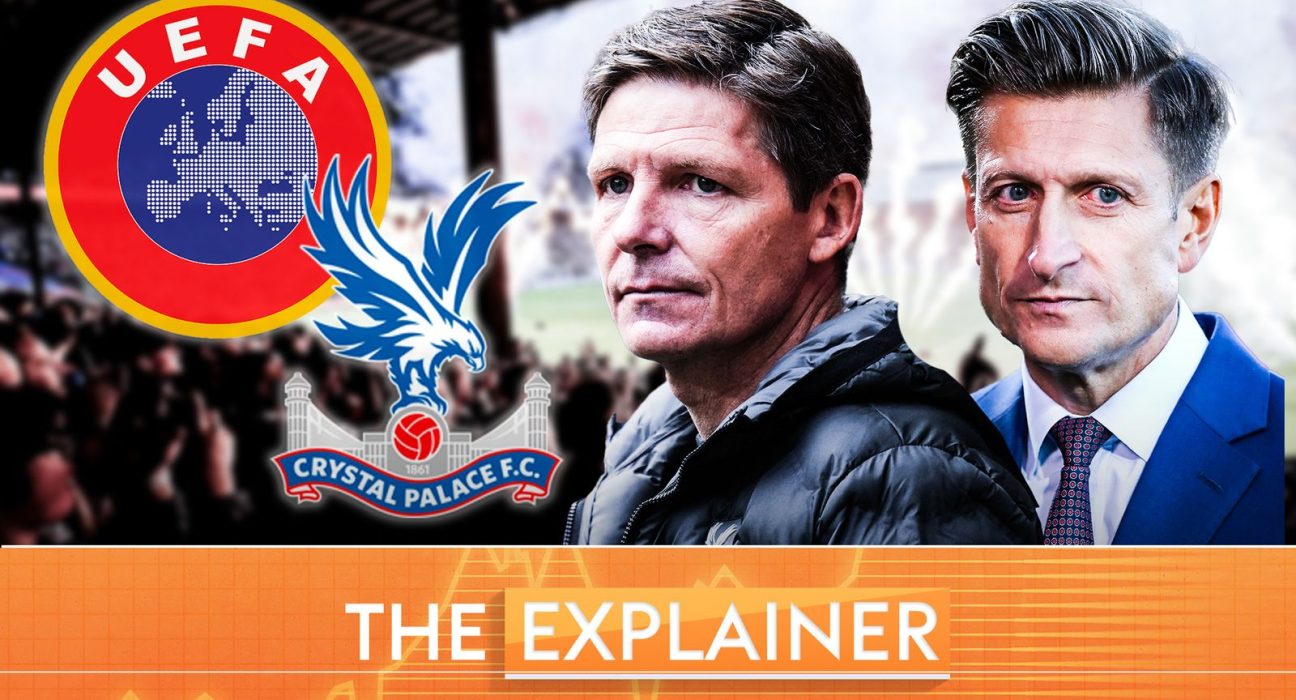Crystal Palace’s historic rise to European football has been thrown into disarray after UEFA ruled they will play in the Conference League rather than the Europa League due to a breach of multi-club ownership rules. Nottingham Forest have now been confirmed as Palace’s replacement in the more lucrative European competition.
Palace’s remarkable FA Cup triumph over Manchester City in May had secured the club’s first ever major trophy and a spot in the Europa League. The Wembley scenes of joy and pride from players and supporters have now been clouded by a complex regulatory tangle involving American businessman John Textor.
UEFA’s decision is rooted in Textor’s simultaneous stakeholdings in both Palace and French side Lyon, who also qualified for the Europa League. Though Palace argued that Textor holds no “decisive influence” at Selhurst Park, UEFA concluded otherwise and ruled in favour of Lyon, who finished sixth in Ligue 1 compared to Palace’s twelfth place in the Premier League.
A critical blow for Palace was their failure to restructure their ownership before UEFA’s March 1 deadline. Though Textor has since agreed to sell his 43 percent stake in Palace to fellow American investor Woody Johnson, the timing of the agreement proved too late for UEFA to consider it compliant.
Forest, who had their own multi-club concerns due to Evangelos Marinakis’ ownership links with Olympiakos, acted before the deadline. Marinakis placed his stake in Forest in a blind trust, thereby distancing himself from significant control. Though Forest narrowly missed European qualification on sporting merit, their compliance with UEFA rules positioned them to step into Palace’s vacated Europa League place.
Tensions between the two clubs have reportedly escalated, with sources revealing Forest sent a letter to UEFA questioning Palace’s eligibility. Palace insiders are understood to view Forest’s actions as influential in the final outcome.
Hopes had briefly risen at Selhurst Park when Lyon faced relegation from Ligue 1 over financial issues, which would have ruled them out of UEFA competition. However, Lyon’s successful appeal this week allowed them to retain their European license, sealing Palace’s fate.
Palace now turn to the Court of Arbitration for Sport to contest UEFA’s ruling, arguing that Textor never held operational control. But for now, the Eagles find themselves preparing for life in the Conference League rather than the Europa League, where both prize money and prestige are significantly lower.
For a club that waited over a century to taste major success, this twist in their European journey is a painful reminder of how ownership structures can shape dreams. The fallout may also mark the beginning of a new and unexpected rivalry between Palace and Forest, one rooted not on the pitch but in boardroom strategy.
